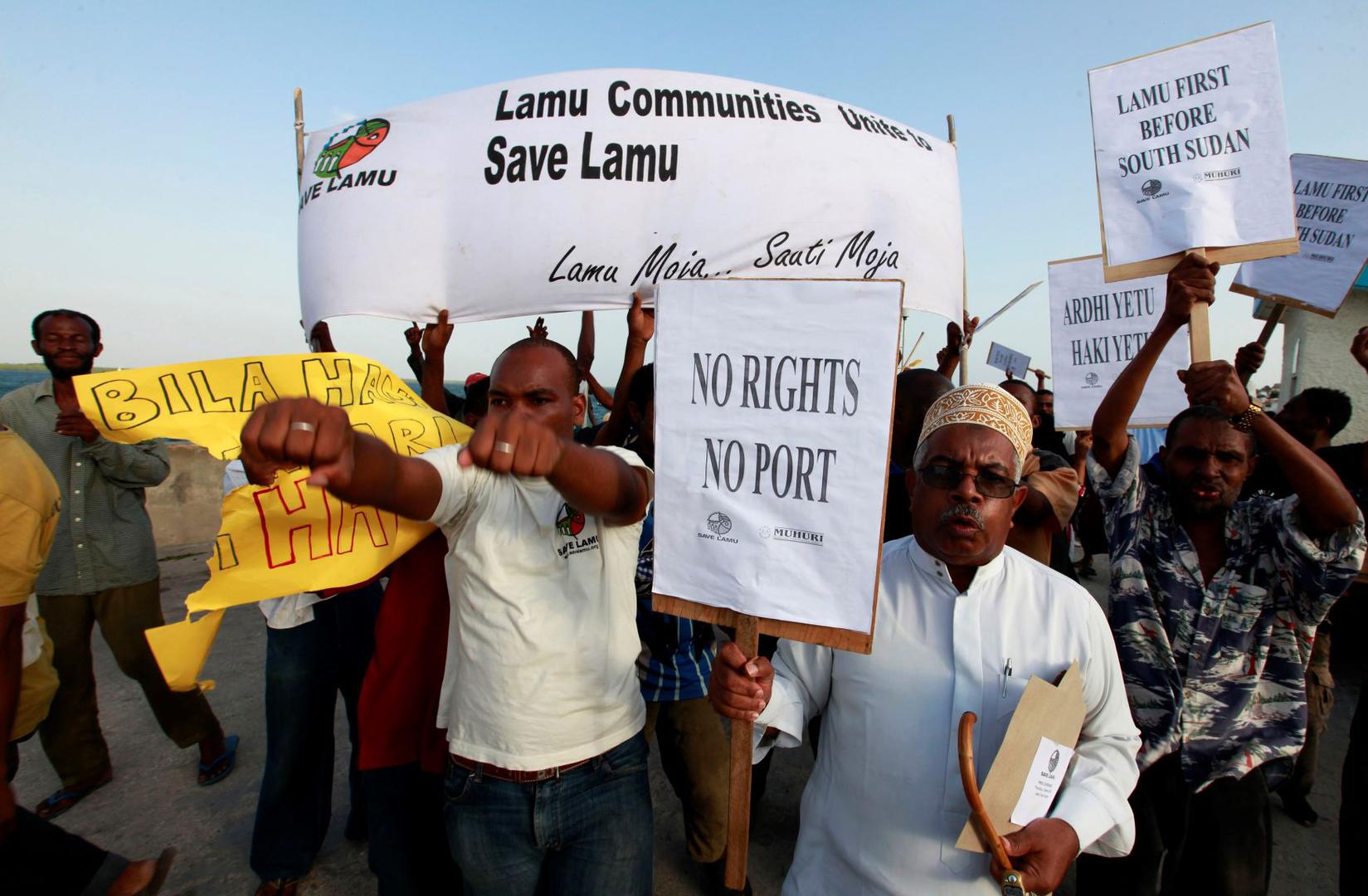Climate Defenders Threatened, Struggle to Make Their Voices Heard
At this month’s virtual climate negotiations several United Nations officials and governments highlighted the importance of civil society participation in climate action.

Yet at the summit’s plenary session, time ran out before civil society representatives got their turn at the mic. While their exclusion may have been merely the result of poor planning, it is symptomatic of ongoing obstacles—both big and small—that non-state actors face in participating in these crucial discussions. This is not the first time climate activists have struggled to make their voices heard at UN climate talks. In December 2018, at the Climate Change Conference of the Parties (COP) 24 in Katowice, Poland, Polish authorities used a law to restrict climate protests and increase police surveillance powers.
They also barred at least 13 activists from entering the country and participating in the event. In 2015, during COP 21 in France, just two weeks after the deadly Paris attacks, the government abused emergency powers to place at least 24 climate activists under house arrest without judicial warrant, raiding activists’ homes and seizing computers. Many climate defenders are facing even worse challenges in their own countries. As outlined in a recent submission to the UN special rapporteur on the rights to freedom of peaceful assembly and of association, Human Rights Watch documented that climate defenders in countries including Brazil, France, India, Kenya, and South Africa, have faced acts of intimidation and violence (including killings and enforced disappearances), discrimination, legal harassment, and false accusations of “eco-terrorism.” Authorities in some countries have also targeted youth climate defenders and used violence or extralegal requirements to prevent peaceful protests. Beyond the impact at the individual level, these threats also have the potential to hamper the success of the climate talks. Activists play an important role in the global climate debate by providing critical information to policymakers and media, but can only do so if they can effectively exercise their rights. Ahead of the COP 26 conference in Glasgow in November, the UN and United Kingdom government should ensure civil society organizations, Indigenous peoples, youth groups, and activists can safely participate and peacefully protest. Governments attending the conference should also address repression of climate activists in their countries, and make public the steps they are taking to end it.
Read the full article at the original website
References:
- https://unfccc.int/event/may-june-2021-climate-change-conference-sessions-of-the-subsidiary-bodies
- https://www.youtube.com/watch?v=sZyBi36IoRM&t=2908s
- https://www.hrw.org/news/2018/12/07/poland-denies-entry-environmental-activists-attend-climate-talks
- https://www.nytimes.com/2015/11/14/world/europe/paris-shooting-attacks.html
- https://www.hrw.org/news/2019/11/28/targeted-counterterrorism-measures-take-aim-environmental-activists
- https://www.hrw.org/sites/default/files/media_2021/06/210528_Climate%20Defenders%20Submission_Human%20Rights%20Watch.pdf
- https://www.hrw.org/report/2019/09/17/rainforest-mafias/how-violence-and-impunity-fuel-deforestation-brazils-amazon
- https://www.hrw.org/news/2019/07/02/amid-france-heat-wave-police-teargas-climate-activists
- https://www.hrw.org/news/2021/03/11/india-tech-firms-should-uphold-privacy-free-speech
- https://www.hrw.org/report/2018/12/17/they-just-want-silence-us/abuses-against-environmental-activists-kenyas-coast
- https://www.hrw.org/news/2021/03/15/un-spotlight-killing-south-african-environmental-defender
- https://www.hrw.org/news/2019/05/20/green-activists-are-fighting-great-fight-are-being-dragged-down-petty-lawsuits
- https://ukcop26.org/
